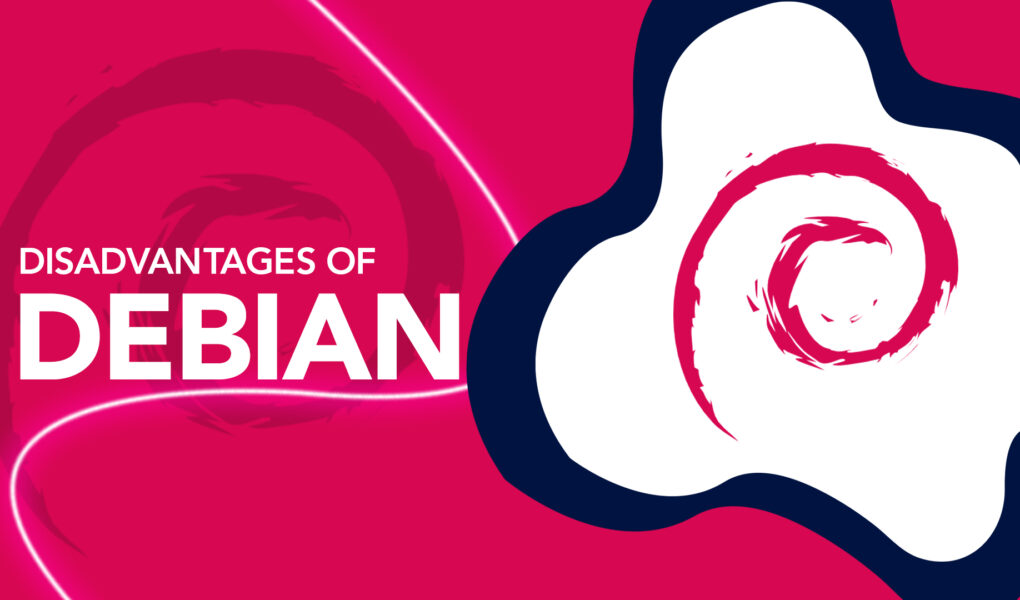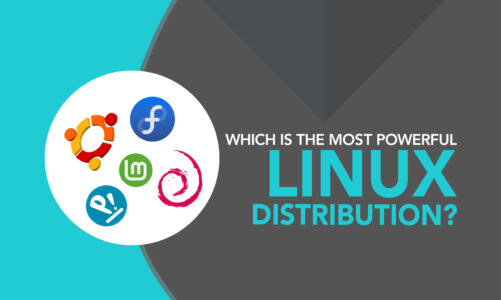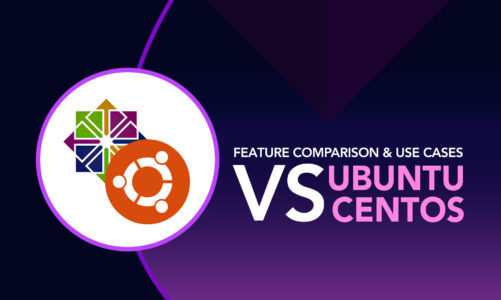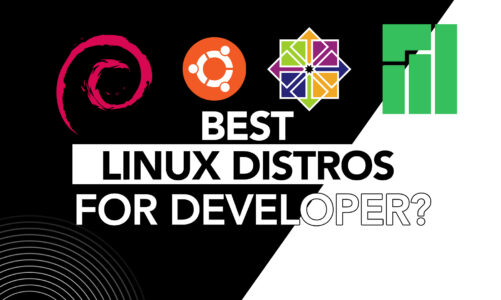Debian is a well-known and broadly utilized Linux distribution that has existed since 1993. It is known for its stability, security, and open-source nature, which have made it the preferred choice of many users and organizations. Nonetheless, like all other systems, Debian also possesses its own set of disadvantages that should be taken into account prior to utilization.
Before you opt to choose Debian over any other operating system, consider reading this article as we will explore the various disadvantages of Debian, ranging from its lack of ease of use to its limited support for certain hardware and software packages.
Disadvantages of Debian
Debian is an open-source operating system that is celebrated for its stability, dependability, and security. It also serves as the foundation for several other Linux distributions like Ubuntu and Linux Mint. Nevertheless, despite its widespread usage, Debian has certain drawbacks that users ought to take into consideration.
1: Slow Release Cycle
Another disadvantage of Debian is its slow release cycle. Debian releases new versions approximately every two years, which means that users have to wait a long time to get access to new features and updates. While this may be acceptable for some users who prioritize stability over new features, it can be a problem for users who want to stay up-to-date with the latest software.
2: Outdated Software Packages
In continuation of the above point, Debian is known for its stability and security, but it often comes at the cost of using older versions of software packages. While this may be acceptable for some users, others may require the latest features and improvements offered by newer versions of software.
The delay in software updates on Debian can also pose security risks, as vulnerabilities may go unpatched for a longer time compared to other operating systems. This can make Debian less suitable for users who require updated software and need to stay on top of the latest security patches.
3: Limited Proprietary Software
One of the major disadvantages of Debian is its open-source philosophy, which limits the availability of proprietary software. While this philosophy is beneficial in terms of security and freedom, it can be a challenge for users who need to use certain proprietary software for their work or personal use. Debian’s repository contains only free and open-source software, which means that users may have to resort to third-party repositories or manual installation to access proprietary software.
Installing proprietary software can also be a challenging task, as it may require users to perform additional configurations or install dependencies manually. Additionally, compatibility issues may arise when running proprietary software on Debian, as it may not be optimized for the operating system. This can result in stability issues, crashes, and reduced performance.
4: Limited Commercial Support
Although Debian has a vast community of developers and users who actively participate in its development and support, there are only a limited number of companies that provide commercial support for the operating system. The limited commercial support for Debian may be a drawback for users who require professional technical support and can limit its adoption in enterprise settings.
Nevertheless, Debian’s large community of users and developers can still offer valuable support and resources for users who are willing to rely on community-based solutions.
5: Hardware compatibility issues
Hardware compatibility issues with Debian often arise due to hardware manufacturers’ lack of driver software for non-Windows platforms. While most hardware components have alternative options that work well with Debian, some devices may not have support because the manufacturer still needs to make the necessary specifications available.
Conclusion
Debian is not without its disadvantages. There may be better choices for beginners, and its slower release cycle may be a hindrance for those who require the latest software. Additionally, the lack of official support for some hardware and software can be a challenge for users.
While these drawbacks may limit the appeal of Debian for certain users and use cases, it is important to note that Debian still offers many advantages and benefits that make it a great choice for many users. Its commitment to free and open-source software, a large community of users and developers, and its stability and security make it a reliable and trustworthy operating system for many applications.



